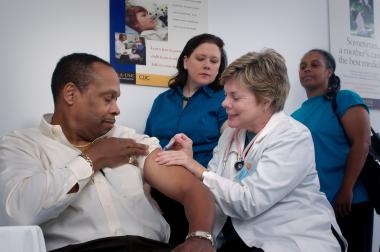Health & Human Services


Significance
Everyone should be able to access affordable, respectful, and culturally responsive care and social services. Health is shaped by more than just doctors – it includes mental health, social support, and safe environments. These services should be there when people need them.

Accessible Healthcare
Many people are unable to access medical services because of either a personal or structural barrier to care despite medical need. Access to health care is a contributor to health outcomes and years of healthy life. When people avoid or delay doctor visits it has a negative impact on their health status and may decrease the likelihood of early intervention for serious conditions. Understanding the amount of unmet medical needs allows the State to identify and create interventions for those in our community who do not have access to preventative services.

Affordable Healthcare
Insurance helps to make medical care accessible, and the lack of insurance is a barrier for engaging in preventative medical care or can create a significant financial burden for necessary treatment. Healthcare services are not affordable without insurance and insurance is often inaccessible due to cost.

Optimal Well-Being
Life expectancy is a measure that captures the overall health status of a population. Through examining life expectancy, Washington can understand the health status of residents and develop specific interventions to improve health outcomes.
Other indicators for well-being include:
- Infant Mortality
- Obesity
- Diabetes
- Tobacco Use
- Frequent Mental Distress
